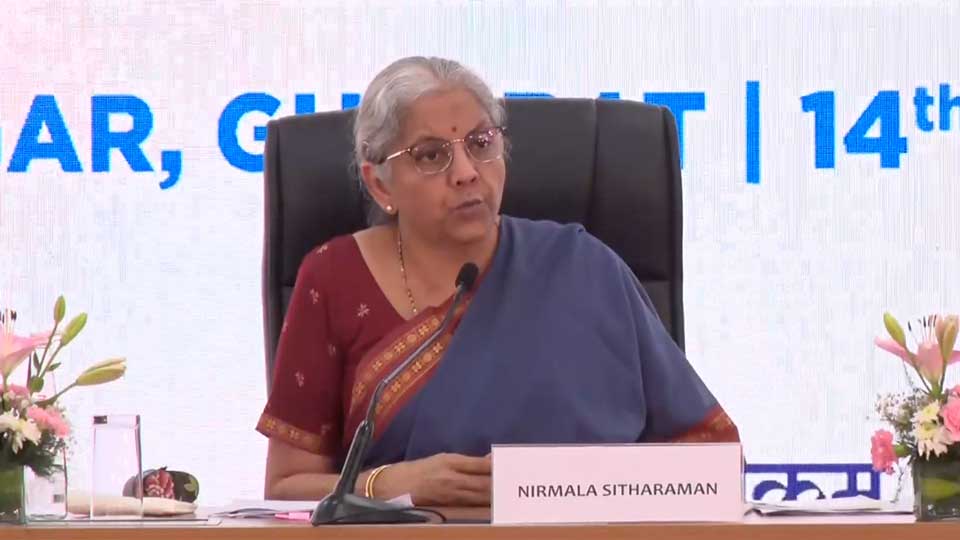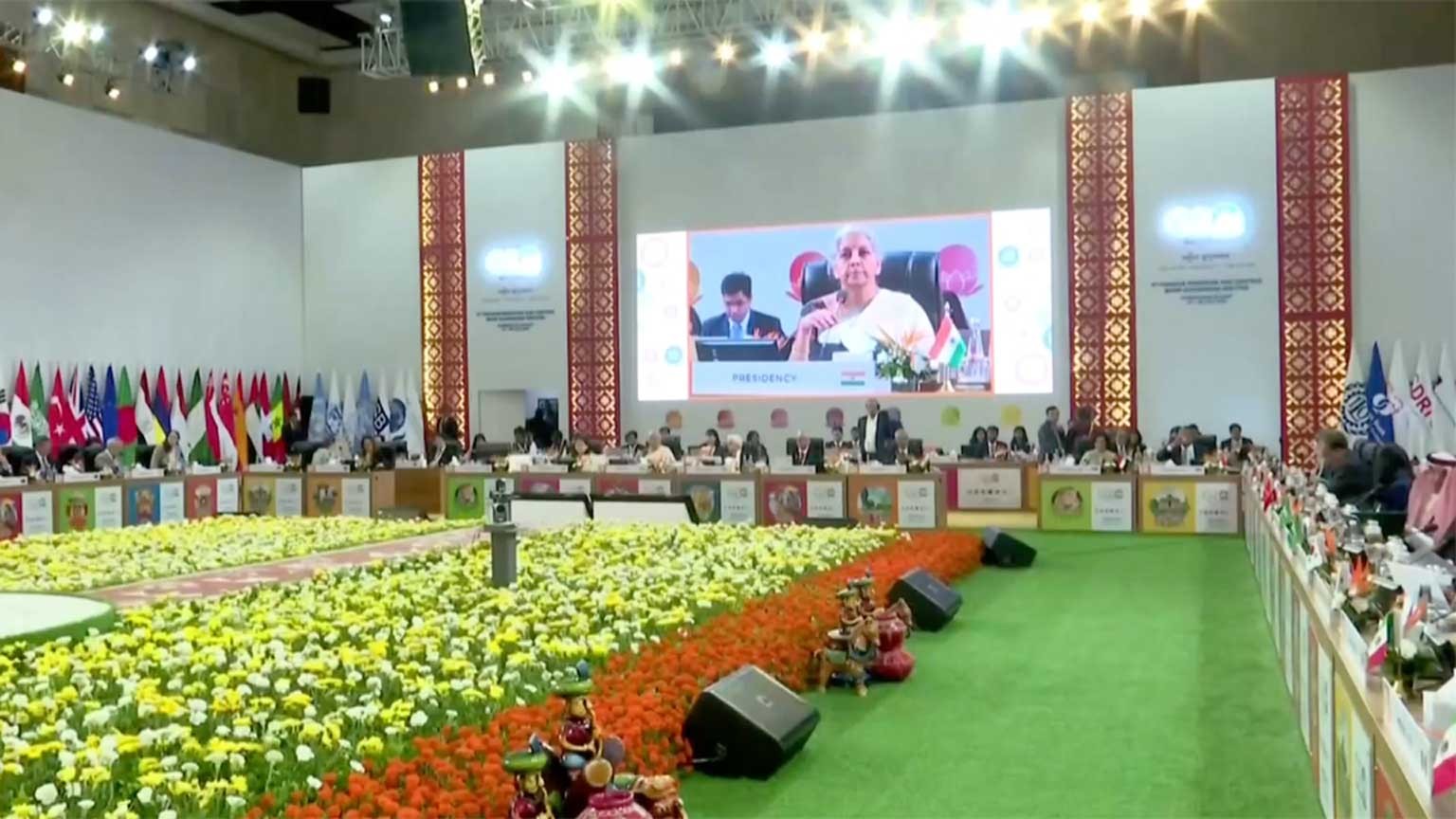NHK New Delhi bureau correspondent Yamamoto Kento covered the meeting, which wrapped up in the Indian city of Gandhinagar on Tuesday. He has shared his thoughts on the elusive consensus in light of India's official position of neutrality.
No 'common language on the Russia-Ukraine war'
Yamamoto said that the failure to agree on a statement underscores how divided some of the member countries are, despite India's attempts to bridge the gaps.
He noted that Russia and China, as expected, said they were unhappy with the draft statement's wording about the Ukraine situation.
Moscow rejected descriptions of its invasion "causing immense human suffering and exacerbating existing fragilities in the global economy, constraining growth, increasing inflation, disrupting supply chains, heightening energy and food insecurity, and elevating financial stability risks."
China stated that the G20 finance leaders meeting "is not the right forum to discuss geopolitical issues."
India's finance minister Nirmala Sitharaman concluded the talks by saying, "We still don't have a common language on the Russia-Ukraine war. So it must be left to the leaders during the summit in September to take a call on that."

Sitharaman acknowledged that she and the other finance ministers lack the power to change how the document refers to Russia's invasion.
India hopes to navigate next G20 leaders' summit in September
Yamamoto pointed out that India has managed to stay neutral on the war in Ukraine, maintaining friendly relations with both Russia and the West.
India "tried to use its position as third party to be the voice of a group of emerging and developing nations, collectively referred to as the Global South," he said.
"India has said it wants to address how climate change is affecting many of those countries, as well as inflation and growing debt loads," Yamamoto said.
India's finance minister said the group did make some progress on debt distress, particularly among the Global South countries, and that "an effective resolution should happen."
Yamamoto said India has apparently avoided "burning any of its bridges with the major world powers," but that the country has not yet managed to get them all to work together.
Doing so will be Prime Minister Narendra Modi's challenge in September, Yamamoto said, or else Modi's term as G20 President "may go down overshadowed by the ongoing deadlock over Ukraine."

